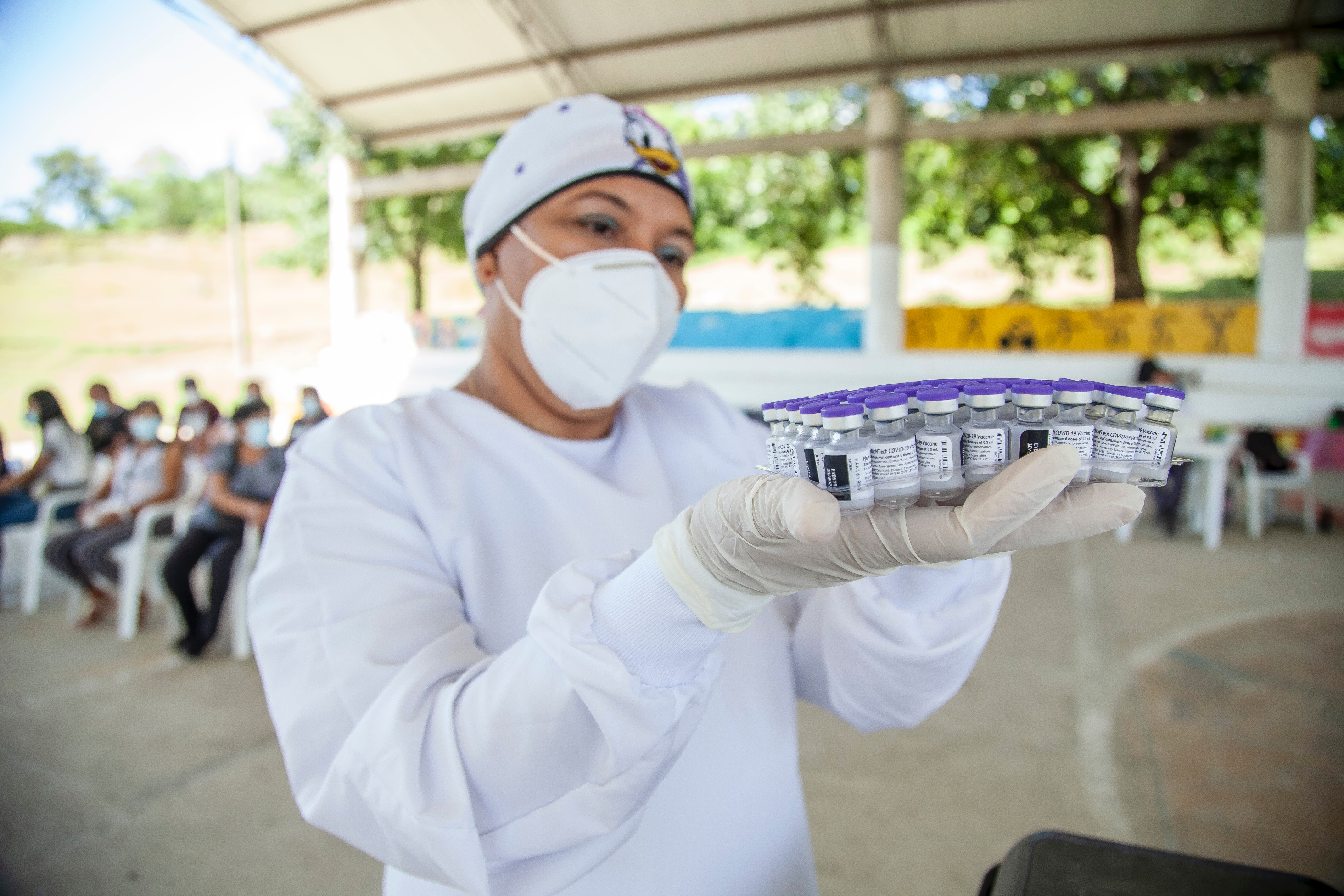Vaccines are one of the greatest public health successes of the modern era. With their introduction, the world has seen a dramatic decrease in illnesses and deaths caused by infectious diseases. In this blog post, we will discuss why vaccines are so important and how they work to protect us from disease.
The History of Vaccines
Vaccines have been around for centuries, with some of the earliest versions being created as early as 1796. Since then, vaccine development has advanced significantly and now includes a variety of different technologies that help to create more effective vaccines. In recent decades, new technologies such as genetic engineering and nanotechnology have allowed researchers to develop even more sophisticated vaccines that can prevent many different types of illnesses.
How Vaccines Work
Vaccines work by introducing a weakened form of the virus or bacteria into our bodies, which triggers an immune response. This response is what protects us against future infections with that virus or bacteria. A vaccine serves as a reminder to our bodies of what they should be looking out for, allowing them to recognize and fight off the pathogen before it causes illness and damage.
The Impact of Vaccines
Vaccines have had an enormous impact on public health worldwide, leading to a significant reduction in rates of infectious diseases such as measles, mumps, rubella, polio, pertussis, hepatitis B, and many others. As a result of this progress, life expectancy has increased dramatically over the past few decades and people around the world can enjoy longer lives free from serious illnesses caused by infectious diseases.
Vaccines are one of the most important tools available to us when it comes to preventing serious illnesses caused by infectious diseases. They are safe, effective ways for pharmaceutical companies to protect their customers against these illnesses while also reducing healthcare costs worldwide. By continuing to innovate and develop new vaccine technologies, we can continue to save lives and improve public health across the globe.






